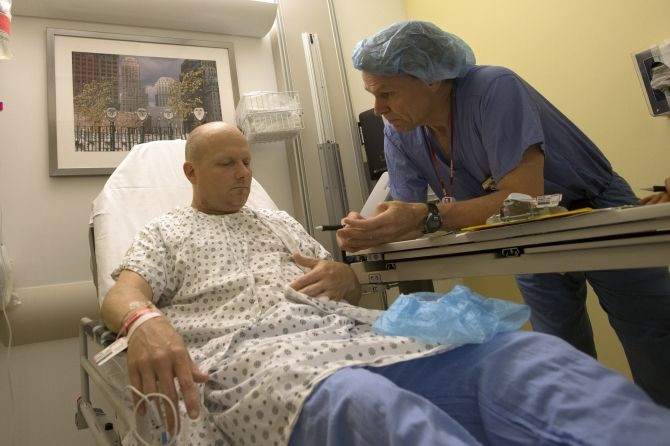UNOS Proposes Changes in Kidney Allocation System

A nonprofit organization has proposed certain kidney allocation policy changes that will help people who have better survival chances get healthy kidneys.
The proposal was made by the United Network for Organ Sharing (UNOS), an organization that manages the organ donation in the U.S.
Kidneys are now transplanted in patients based on how long they've been on the waiting list while liver transplant is done based on the risk status of the patient, meaning patients with high risk of death are given priority over low-risk patients.
According to UNOS, the present kidney allocation system doesn't aim at reducing the death rate or increasing the survival time of the patients.
The proposed policy will work on a kidney scoring system where donor kidneys will be allocated a certain score based on its viability and how long it is likely to function when transplanted. Even the patients will be scored based on their age, how long they've been on dialysis and how long they will survive after the kidney transplant. Under the new system children will be given priority.
The proposed change in the kidney allocation is not a cure-all policy as it affects only 20 percent of kidney transplant patients. "It's not a major change," said George Annas, chair of the Department of Health Law, Bioethics & Human Rights at Boston University School of Public Health.
"Obviously, it's not going to solve the shortage of organs problem," Annas said.
Doctors must aim at preventing kidney diseases, that will take down the number of people requiring kidney transplant in the future, Annas said. "You can't just look at a shortage problem from the supply side, you have to look at the demand side too" said Annas.
UNOS said that the proposed changes will help better utilize the available kidneys and reduce discard rates.
According to Organ Procurement and Transplant Network, in 2011 only 16,821 kidneys were available for transplant. This means that 92,000 patients were on "waiting-list" that year.
The organization is seeking comments on the new kidney allocation system. Comments are open till December 14, 2012.
Published by Medicaldaily.com



























